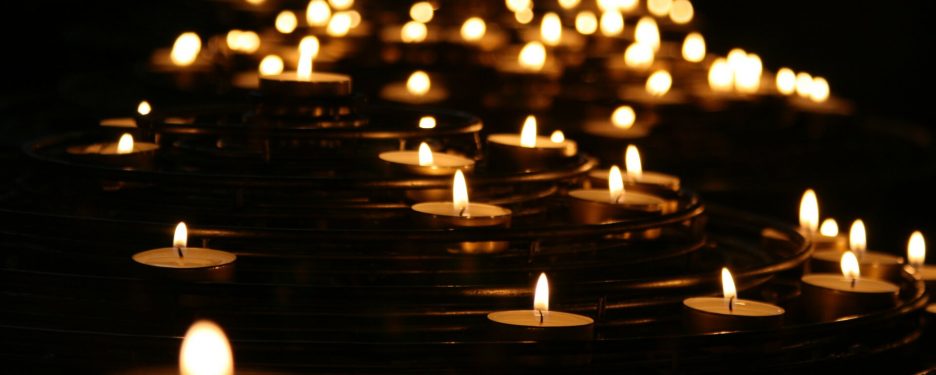In my experience as a therapist helping people in West London, I have found that grief is a deeply personal experience. Losing a loved one or going through a significant life change can be incredibly challenging. It's normal to feel a whirlwind of emotions during such times, and these emotions are often described in what is known as the "stages of grief." In this blog, we'll explore these stages of grief, where they originated, and how they can help us better understand the complex journey of mourning.
The Stages of Grief
The concept of the stages of grief was first introduced by psychiatrist Elisabeth Kübler-Ross in her book "On Death and Dying" published in 1969. She outlined five stages: denial, anger, bargaining, depression, and acceptance. These stages were originally identified in the context of individuals facing their own impending death, but they have since been applied to various forms of loss and grief.
Denial
The first stage often involves shock and disbelief. It's common to feel numb and unable to grasp the reality of the loss. Some might even momentarily believe that the situation isn't real.
Anger
As the shock wears off, anger may surface. You might feel angry at the person you've lost, at yourself, or even at the world for letting this happen. This anger is a natural part of the grieving process.
Bargaining
In this stage, you may find yourself making deals with a higher power or trying to negotiate a way to reverse the loss. It's an attempt to regain control over the situation or find meaning in it.
Depression
Sadness and despair can become overwhelming in the depression stage. You might feel a deep sense of emptiness and a longing for what once was. This stage can be particularly challenging, but it's an essential part of processing grief.
Acceptance
Finally, acceptance doesn't mean you're "over" the loss; rather, it signifies coming to terms with the reality of it. You begin to find a way to move forward, even if the pain never fully disappears.
A Non-Linear Journey
It's important to note that not everyone goes through all these stages, and they don't necessarily occur in a linear fashion. Grief is a highly individualized experience, and people may experience these emotions in varying degrees and at different times. Some may skip certain stages altogether or revisit them later on.
Understanding and Healing
The stages of grief offer a framework for understanding the complex emotional terrain of mourning. Knowing that what you're feeling is a normal part of the process can provide solace. Additionally, seeking support from friends, family, or a professional therapist can be instrumental in helping you navigate these stages and find healing.
If you or someone you know is struggling with grief and its associated emotions, please don't hesitate to reach out. At Hope and Harmony, I’m here to provide support, understanding, and a safe space for you to express your feelings. You don't have to go through this journey alone. Contact me today, and let's start your path towards healing.


